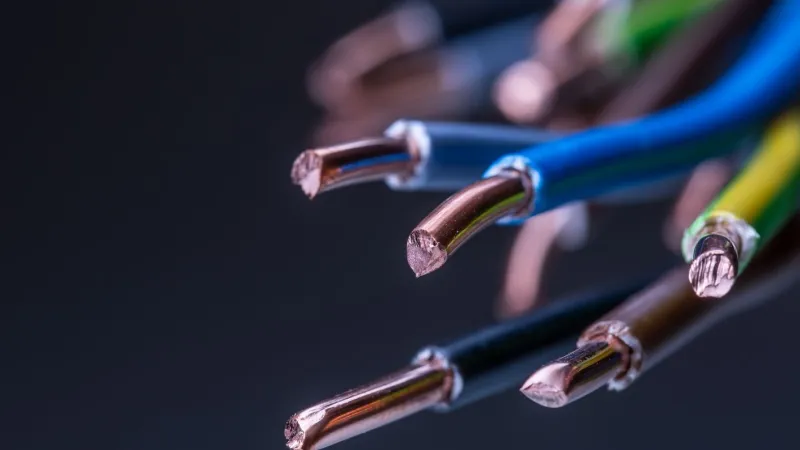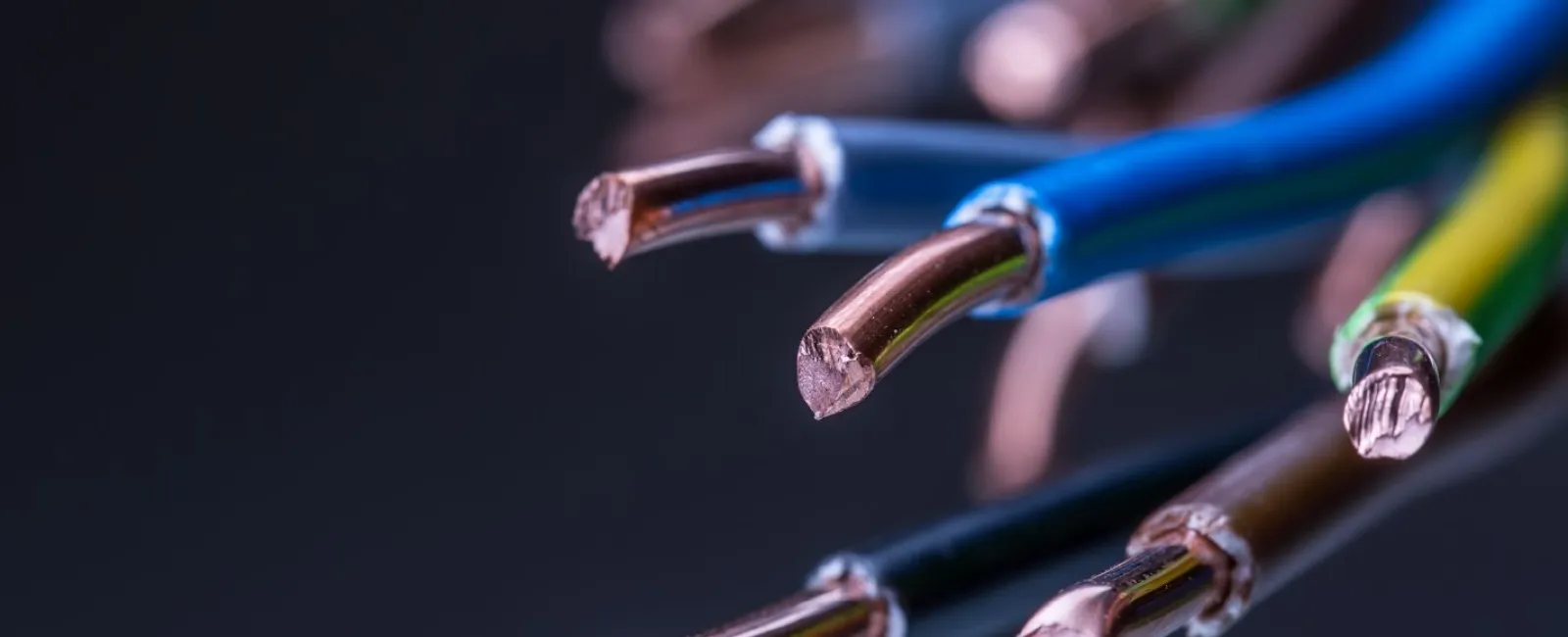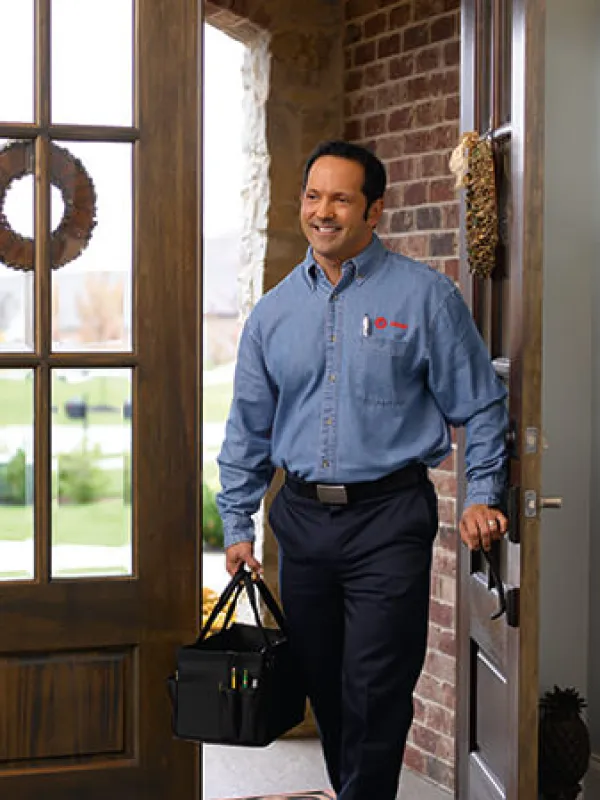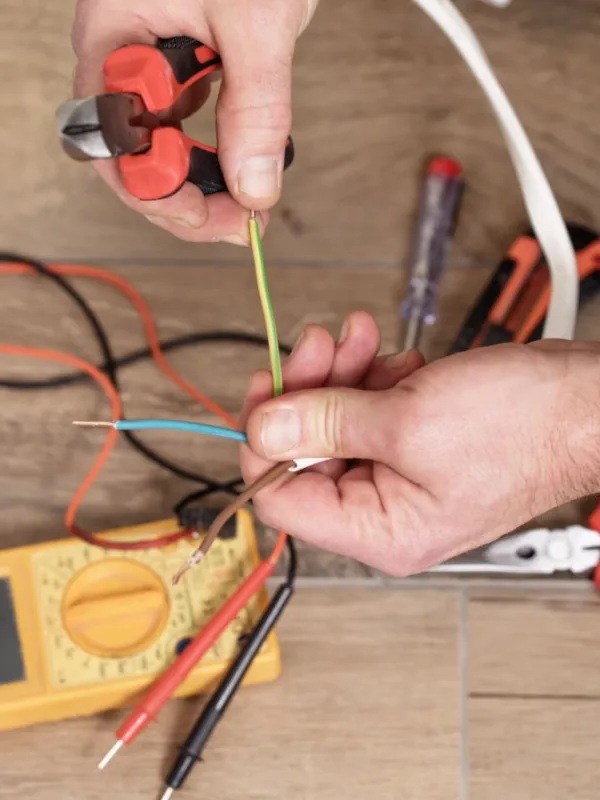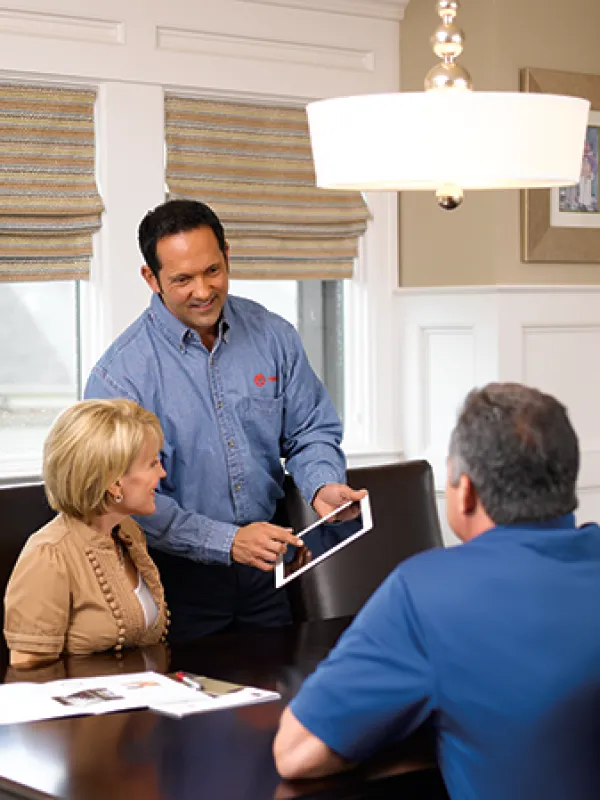Your Trusted Source For
Electrical Grounding
If your home was built before the 1960s, there's a chance that your electrical system hasn't been grounded. Electrical grounding acts as a backup plan when something goes wrong with your electrical system. At Badger Bob's, our Sarasota electricians will ground your electrical system to divert electrical current safely into the ground instead of surging dangerously throughout your home.
Services Overview
- FREE in-home estimates
- Price starting at: $690
- Average time to complete: 2-3 hours
What Is
Electrical Grounding?
Grounding is essentially a backup wiring route that directs electrical current into the ground when there's a problem in the wiring system.
See, when there's a break or surge in your wiring system, electricity will naturally take the path of least resistance. When your system is grounded, that path of least resistance will be directly into the ground, instead of back into your home where it can fry electronic devices or injure family members.
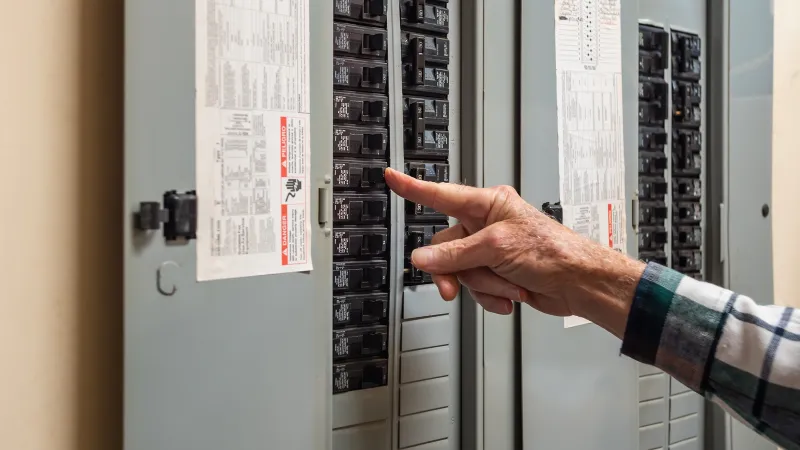
Importance
Of Grounding Your Electrical System
Grounding your home's electrical system helps:
- Prevent damage to appliances and devices. With a grounded electrical system, surges of electricity (like lightning strikes) are directed into the earth. This means the overload of electrical current won't fry your expensive appliances or electrical devices.
- Stabilize voltage levels. Grounding an electrical system makes sure the electrical current goes where it's supposed to, which means fewer fluctuations that can cause lights to flicker or electrical buzzing noises.
- Protect your family from injury. Without a grounded system, a surge of electricity doesn't have anywhere to go besides elsewhere in your electrical system. That surge could create a fatal shock or even start a fire.
Equipment Needed
To Ground Electricity
A grounding system typically includes:
- Ground rods (ground electrodes): Copper rods of various length and diameter that direct electricity into the ground. These rods are installed outside of your house, close to the electrical panel.
- Ground wire (grounding electrode conductor): The wire that connects, and diverts electrical current from, your home's electrical system to the ground rods. It's important that the wire can easily be routed from the electrical panel to the ground rod.
- Grounding clamp: A clamp that connects the grounding wire to the grounding rod. The clamp should be connected securely enough that the wire won't come loose or disconnect from the rod if disturbed.
Signs
You Need Your Electrical System Grounded
We recommend having a professional electrician ground your home or inspect your current electrical grounding system if you notice:
- Electrical shocks. If you feel any kind of electrical shock when touching a metal appliance, an electrical device, piping or ductwork, the problem could be faulty grounding.
- A lot of two-pronged outlets in your home. Outlets with only two prong sockets don't have a grounding wire. That third socket on three-pronged outlets is the one that grounds the outlet. Adapters that allow you to plug three-pronged plugs into two-pronged outlets won't ground the outlet properly.
